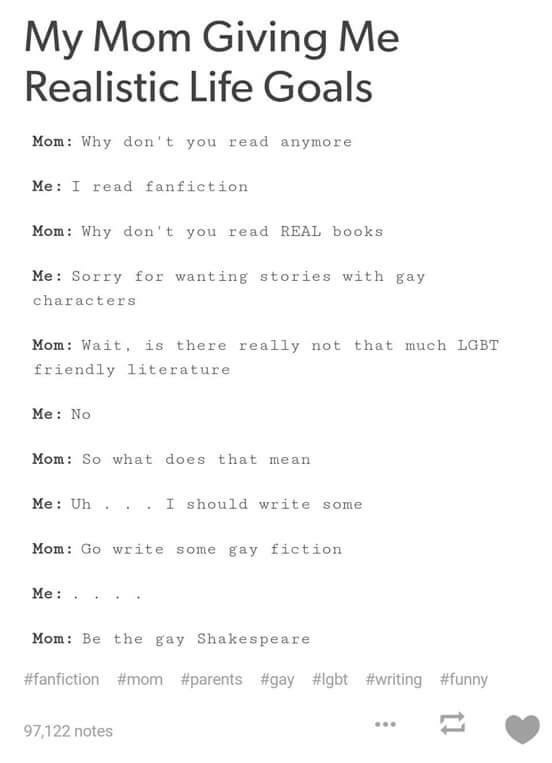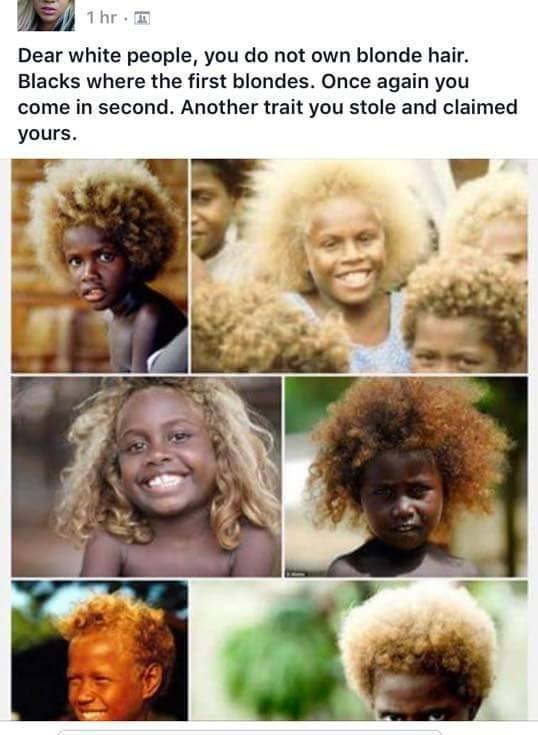The theme of objectification is one of the main ones in contemporary feminism. A common criticism of media is that it objectified women. Rape isn’t just an act of violence, but an act of objectification. While it may not be explicitly implied, since this term appears mainly in feminist discourse you may decide that this experience is unique to female. The problem is, once we decide a problem is uniquely-female we become blind to the errors.
I’ll first define ‘objectification’ both in the arts and in personal interactions, and what I mean by ‘uniquely-female’. Criticism of feminism has sadly been dominated by people like those from A Voice For Men, who view the whole thing as a sort-of conspiracy to ruin males’ lives. I don’t believe their perfectly-ordered universe. Rather, it’s just possible that some feminists – like all humans – err.
Defining Objectification:
Wikipedia has Martha Nussbaum’s criteria for objectification, which is excellent in understanding what it is. Coped directly:
Instrumentality – treating the person as a tool for another’s purposes
Denial of autonomy – treating the person as lacking in autonomy or self-determination
Inertness – treating the person as lacking in agency or activity
Fungibility – treating the person as interchangeable with (other) objects
Violability – treating the person as lacking in boundary integrity and violable, “as something that it is permissible to break up, smash, break into.”
Ownership – treating the person as though they can be owned, bought, or sold
Denial of subjectivity – treating the person as though there is no need for concern for their experiences or feelings
In the media/fiction, objectification occurs when a character doesn’t have agency. By that, it means it doesn’t have personal drives or wants or needs. Instead, they have a very specific, narrow role. Often, ‘objectified’ characters will supposed to be central to the story. For example, a cashier who appears for one scene isn’t objectified since they appear only in one scene. Interchangability and having a minor role isn’t a sign of objectification.
What makes a character feel real and interesting is their interior – wants, needs, personality and actions/reactions derived from these. Objectification reduces a character for some specific use that makes them interchangeable with an object. It is the removing/ignoring of the interior of a character. An objectified character cannot drive the story and is dependent on the external world.

Better to be a dildo in use than a discarded dildo
Examples include the female characters whose role is to be pretty. Their role is no different than that of a picture or of a potted plant. Notice how this doesn’t say women can’t be pretty in media. Rather, when a female character contributes nothing but her looks she becomes an object. She has no interior. Another example is the ‘strong female character’ archetype, when a female character’s only role is to kill people and do stuff to advance the plot. Rey from Star Wars: The Force Awakens is an excellent example. Such a character is a tool for the writers to move the plot, but the character doesn’t add anything else besides advancement – she has no unique reactions or worldview or desires.
Objectified characters are objectified by storytellers, not their traits. A character can be dependent and ‘weak’, like Yuno Gasai from Future Diary yet she’s not an object. That’s because while she depends on a male for emotional stability, her role isn’t to move the plot. She exists on her own, has her desires and personality which translates into such toxic love.
Notice the difference in roles and how central they are. It is not about how the character will act in real life – Rey is clearly ‘stronger’. What’s important is their role in the story, whether they do a single thing, whether they’re a storytelling tool or are themselves the source of the story.
In real life, objectifying people is on a scale. You can treat people like tools to achieve certain objectives. For example, being friends with someone only because they give you free rides. Here, the friend becomes an object who doesn’t exist and has value in and of itself, but for the objectifier exists for a specific purpose – free rides. This is classic Deontology. Overall, thinking someone is good only for sex and raping them are two things on the same scale. Both deny the agency of the person and see them only as a means of achieving a specific purpose. The rape only adds violence.
Objectifying people in personal interactions is treating them as means instead of ends.
Uniquely Female:
In feminist discourse, people either talk about problems as experienced by females or discuss problems as if only females experience them. It’s a blurry line. In general, the latter form shows how men and women experiences the same thing, differently. For example, due to rape statistics, women experience the fear of rape far more commonly than men. Discussing a problem this way doesn’t mean men don’t get raped – only highlights how differenlty women have it.

I want to puke
In general, this is an excellent tool to explain why we need feminism. While men and women can suffer from the same things, they don’t suffer in the same way. Both genders suffer from the beauty standards, but beauty for women means something more than just being sexy. Most of their social value depends on that. Notice how a lot of female actors are young and beautiful while there is more variety in male looks. Notice how comments about female artists keep returning to their beauty.
The problem with the former style – ‘only females experience this’, is that it causes an erasure of other individuals’ experience. I specifically chose that word, because the problem with this erasure is not that it hurts men – but it that it hurts people and writes off their suffering. This article in Elite Daily is an excellent example discussing a problem as if only females experience it. I will critique it in another time.
A First-Hand Account of Objectification By a Female
The purpose of this is mainly self-therapy. Also, opening this wound is partly to encourage others to open theirs. This isn’t a ‘we don’t need feminism’ statement at all. My experience doesn’t cancel the high rape statistics, slut-shaming, constant objectification of women in the media and other issues.
The reason I present this story, except for my own sake, is that in a discourse that constantly frames men and male heterosexuality as aggressive we forget there are people behind it. We move from discussing the problems of high rape statistics to saying we should approach every stranger as if he’s a potential rapist. Put yourself in the position of the victim and you don’t have to justify yourself. Yet, without you seeing it, you cause great suffering. All the supposed structural oppression means nothing at this point.
How me and my ex met doesn’t matter. The important details is that I was 3 years older than her. She was in school. I was in the first year (or second?) of my military service. Both of us were weirdos. Look at this from outside, and it seems as though I’m in power. As the stereotype goes, I was the big man who found a girl with zero self-esteem. I’m older and was male, so supposedly I had more privilege.
Only this isn’t exactly what happened. The black dog bit me in the military and my depression was severe. I nearly comitted suicide and self-harmed almost on a daily basis. Sex was a hard thing to do. I could do some of it, but I needed more time to maintain erection. What this meant is that while we could do various activities, I had to be a little numb through it all. Remember, I was on the brink of killing myself and I had guns to do it.
After some months of this, my ex decided to dump me. This is objectification and no celebration of bodily autonomy can make it any different. My ex couldn’t see the difference between a vibrator and a person. You throw away a vibrator when it doesn’t function and doesn’t get you an orgasm. You don’t do this to a person. I was reduced to only my sexual function and my ability to maintain an erection.
When I hear complaining about being looked at, about being approached to because you look good and therefore objectification, I laugh. No one wrote you off. No one reduced you. People only acted because they found you attractive, but there was no active reduction of your other traits. If anything, approaching and getting to know a woman because she looks good is the opposite of objectification. In this scenario, the male wants to enjoy other traits of the person besides how they look. In my case, my sexual function was the reason I was erased.
At this point, any discussion of my male privilege are irrelevant and not helpful. The privilege of being male didn’t help me, since nothing after this actually helped me this. The end result was trauma – suicide, military service, sexual objectification, abandonment, self harm all come in the same package. I had no way to heal.
This isn’t a call to arms to defeat feminism. I wouldn’t be able to open this wound unless I soaked the idea that the patriarchy is also rigid on us males. Rather, I want to encourage males to open up their wounds and make interiors visible. We cannot only talk about women as victims when they can cause trauma. We cannot dismantle ‘toxic masculinity’ unless we let males actually deviate from it – which includes opening of wounds, some of which are caused by females. In truth, if you want to get rid of ‘toxic masculinity’, you’ll have to look at these wounds and not write them off so quickly.
I still hold this depression. It’s not as strong, but it’s there. It left me with a gaping wound and my already messed sexuality is even more messed than now. If the narratives I got were that true, that females were so powerless such a thing couldn’t happen but it did. Clearly, we need to move on from the absolution of male privilege. Reality, once again, proved itself more chaotic than our ideas.
Nowadays I’m not too angry. I’m too far gone with my damaged sexuality. All I can do is help others.





